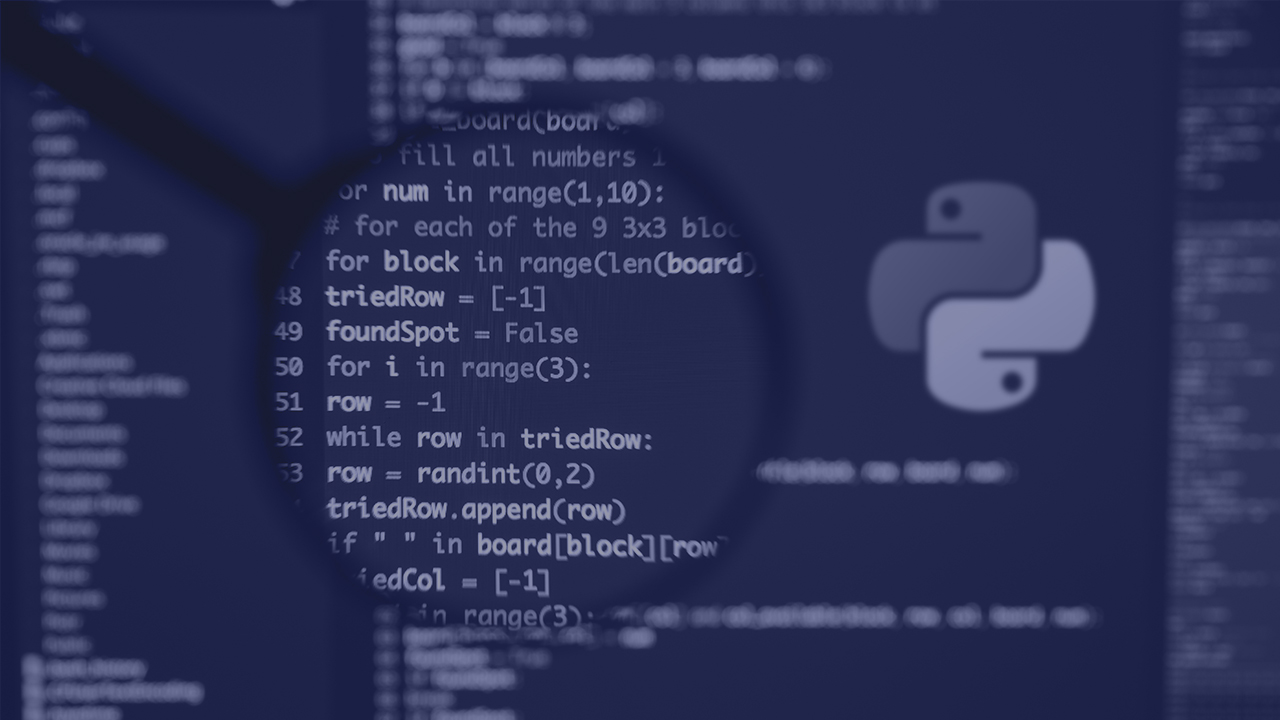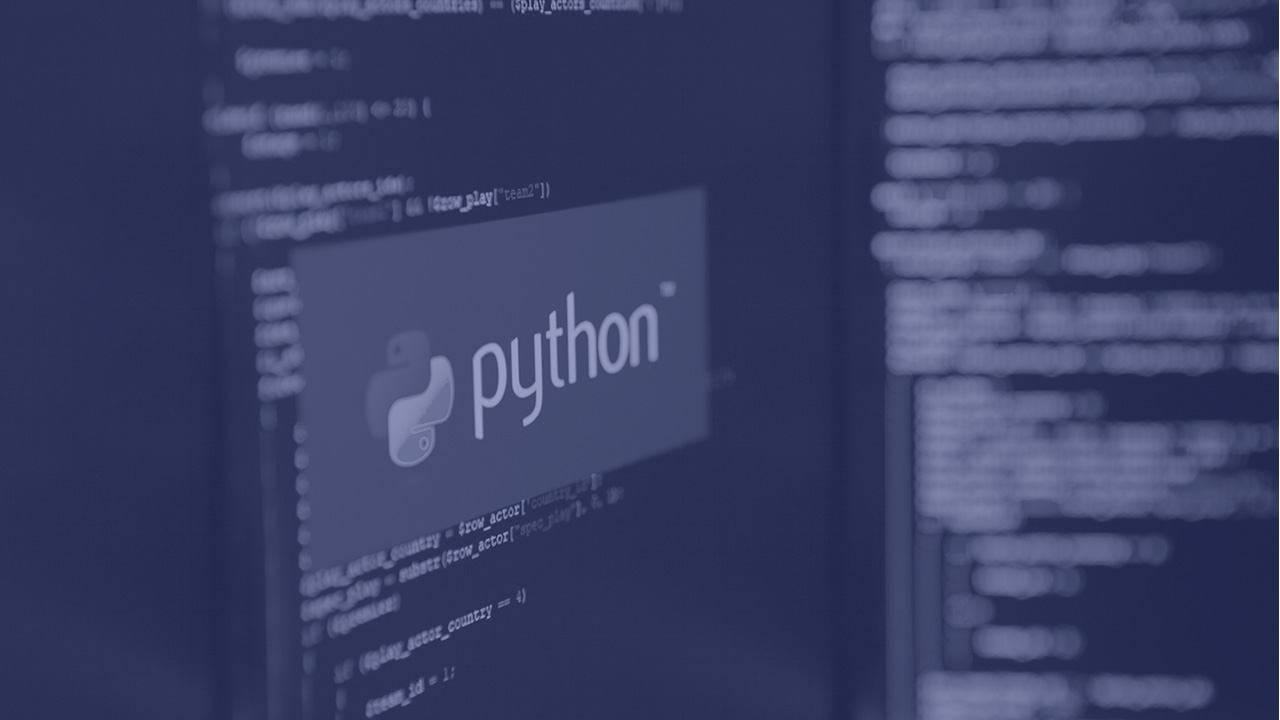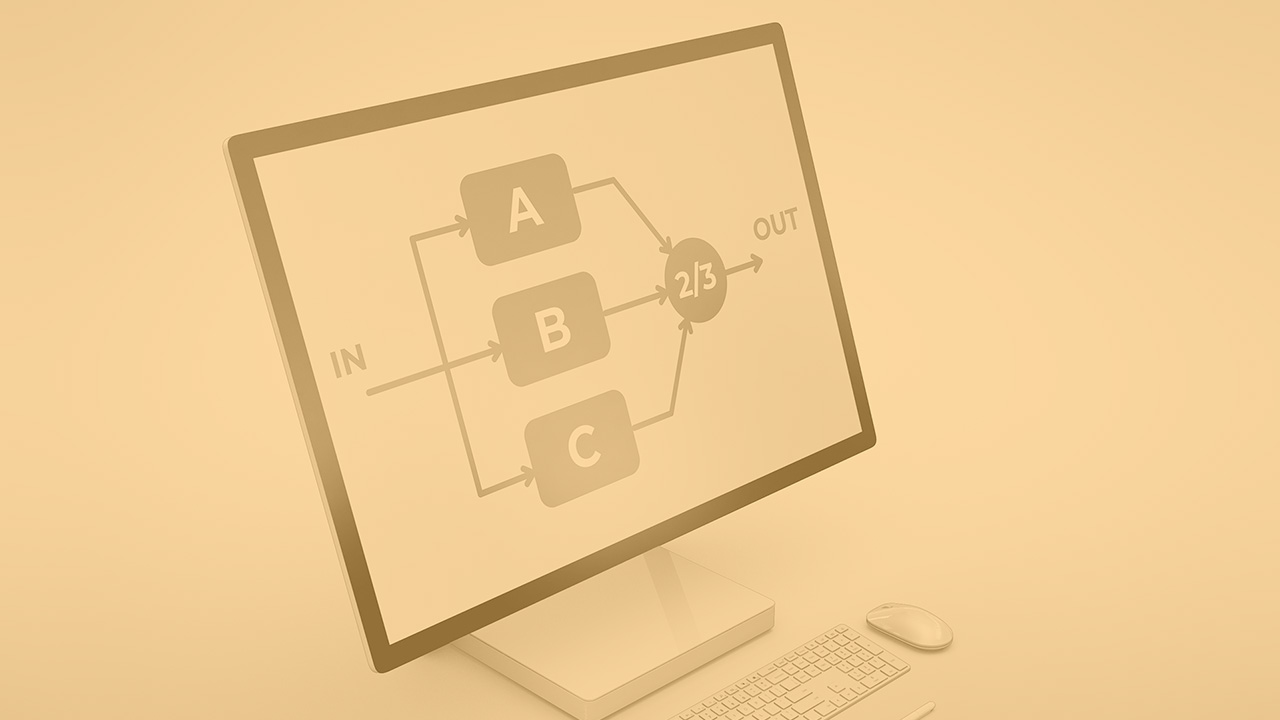Prof. Dr. Ivan Kaštelan

Ivan Kaštelan received the BSc, MSc and PhD degrees in electrical and computer engineering from the Faculty of Technical Sciences, University of Novi Sad, Serbia in 2008, 2009 and 2014 respectively. He received the award for the best student of the Faculty of Technical Sciences in 2008 and the Faculty of Technical Sciences award “Momčilo Momo Novković“ for his teaching work in 2014. He is currently an Associate Professor at the Department of Computing and System Control at the University of Novi Sad, Faculty of Technical Sciences, teaching courses in digital and computer system design and the design of algorithms. As an instructor at NIT Institute, he is teaching the Python programming courses. He participated in multiple European (FP7, Horizon 2020, IPA) and national projects. He was the deputy coordinator of the E2LP project that developed the learning platform used in 8 higher education institutions across the European continent. Currently he is a coordinator of the project funded by the Government of AP Vojvodina in the field of applicability of renewable energy sources. He published 7 papers in international journals and more than 80 papers in the conference proceedings. He is also a co-author of 13 patents.
References
- Željko Lukač, Ivan Kaštelan, Mario Vranješ, Branislav Todorović: "AMV ALPHA Learning Platform for Automotive Embedded Software Engineering", IEEE Transactions on Learning Technologies, 2021, Vol. 14 #3, pp. 292-298, https://doi.org/10.1109/TLT.2021.3098505
- Ivan Kaštelan, Vukota Peković, Nikola Teslić: "A Novel Concept of Electrical Stimulation of Touchscreens Used for Automated Verification of Mobile Devices", Elektronika ir Elektrotechnika, 2019, Vol. 25 #2, pp. 47-52, http://dx.doi.org/10.5755/j01.eie.25.2.23204
- Ivan Kaštelan, Jorge R. Lopez Benito, Enara Artetxe Gonzalez, Jan Piwinski, Moshe Barak, Miodrag Temerinac: "E2LP: A Unified Embedded Engineering Learning Platform", Microprocessors and Microsystems (Elsevier), 2014, Vol. 38 #8, pp. 933-946, http://dx.doi.org/10.1016/j.micpro.2014.09.003
- Roman Szewczyk, Ivan Kaštelan, Miodrag Temerinac, Moshe Barak, Vlado Sruk: "Embedded Engineering Education", Springer, 2016, http://dx.doi.org/10.1007/978-3-319-27540-6
- Milan Bjelica, Ivan Kaštelan, Maja Barić: "Sistem i metod za udaljenu nastavu kombinovanjem televizije i interneta" (English: "System and Method for Remote Teaching Combining the TV and Internet"), Patent application RS P-2020/1039
Courses
Learn how to make your systems work under unexpected and faulty conditions.
With this course, you will be introduced to the basics of fault tolerance. You will learn about the concepts of design and implementation of fault tolerance mechanisms in general systems are introduced. You’ll get to know the quantitative and qualitative methodology which is used in the evaluation of specific fault tolerance principles. After the course, you will be able to understand and perform key alterations to system functions, components, or mechanisms. You will also be able to add an appropriate level of redundancy with the purpose of achieving the expected reliability of systems, despite the residual faults in the system design.
Course topics:
- Main system dependability concepts, correlation with system safety and functional safety;
- System integrity and safety integrity concepts;
- Threats to system dependability (such as faults, errors, or failures);
- Basic analysis of high-level composite system diagrams, key areas for dependability improvement;
- Fault tolerance mechanism in appropriate stages (error detection, damage assessment, error recovery, fault treatment);
- Static, dynamic, and hybrid redundancy calculations;
- Fault-tolerant information exchange;
- Fault tolerance mechanisms, such as channel and error models, detection/correction codes, and retry mechanisms;
- Fault tolerance and system repair.
Modules:
Requirements
Software: Chrome browser.
Hardware: Computer with an Internet connection, working speakers, and microphone.
Prior knowledge: Students should have previous knowledge of selected calculus topics, such as basic differential equations, operations with matrices, Galois fields, vector spaces, and Boolean algebra. Students shall have basic knowledge of system and safety engineering and system reliability concepts, such as failure probability, reliability, failure rate, constant failure rate, MTTF, FIT, etc.






